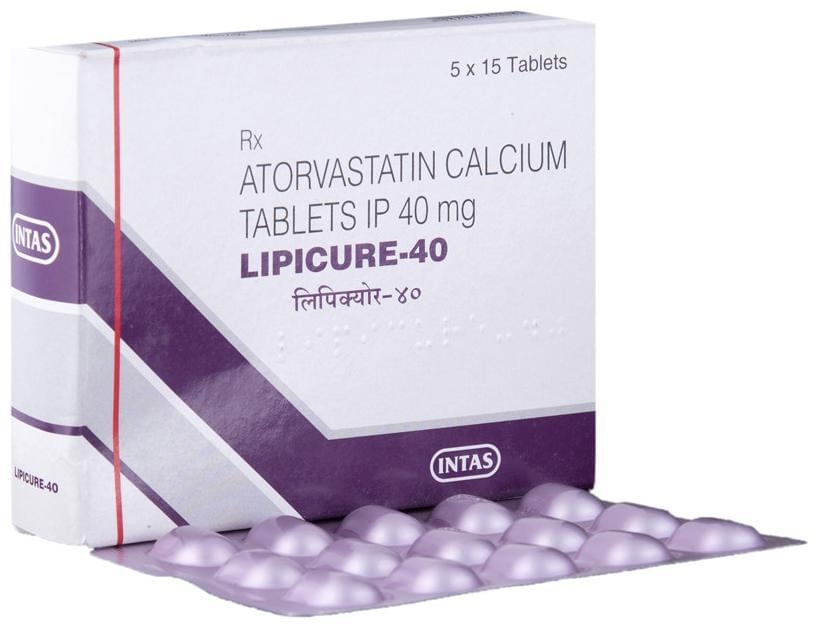Allergic conjunctivitis
Allergic conjunctivitis is a common eye condition characterized by inflammation of the conjunctiva, the thin membrane that lines the inner surface of the eyelids and covers the whites of the eyes. This condition is typically triggered by exposure to allergens such as pollen, dust, or pet dander. Symptoms may include redness, itching, tearing, and swelling of the eyelids.
Medications for Allergic Conjunctivitis:
Antihistamines: These medications help to block the effects of histamine, a substance released by the body during an allergic reaction. They provide relief from itching and swelling. Examples include antazoline, clemastine, and diphenhydramine.
Mast Cell Stabilizers: These medications work by stabilizing the mast cells, which are involved in the body’s allergic response. They help to prevent the release of histamine and other inflammatory substances. Examples include cromolyn sodium, nedocromil, and olopatadine.
Corticosteroids: These potent anti-inflammatory medications help to reduce inflammation and swelling in the eyes. They are typically used for short-term relief of severe symptoms. Examples include betamethasone, dexamethasone, and fluorometholone.
Eye Drops vs. Oral Medications:
Eye drops are usually the preferred treatment for allergic conjunctivitis, as they provide a localized effect and have minimal systemic side effects. Oral antihistamines may also be used to relieve systemic allergy symptoms, but they can cause side effects such as drowsiness and dry mouth.
Always consult with a healthcare professional before starting any medication, and follow the recommended dosing and administration instructions.

Showing 1–12 of 32 results
Showing 1–12 of 32 results








